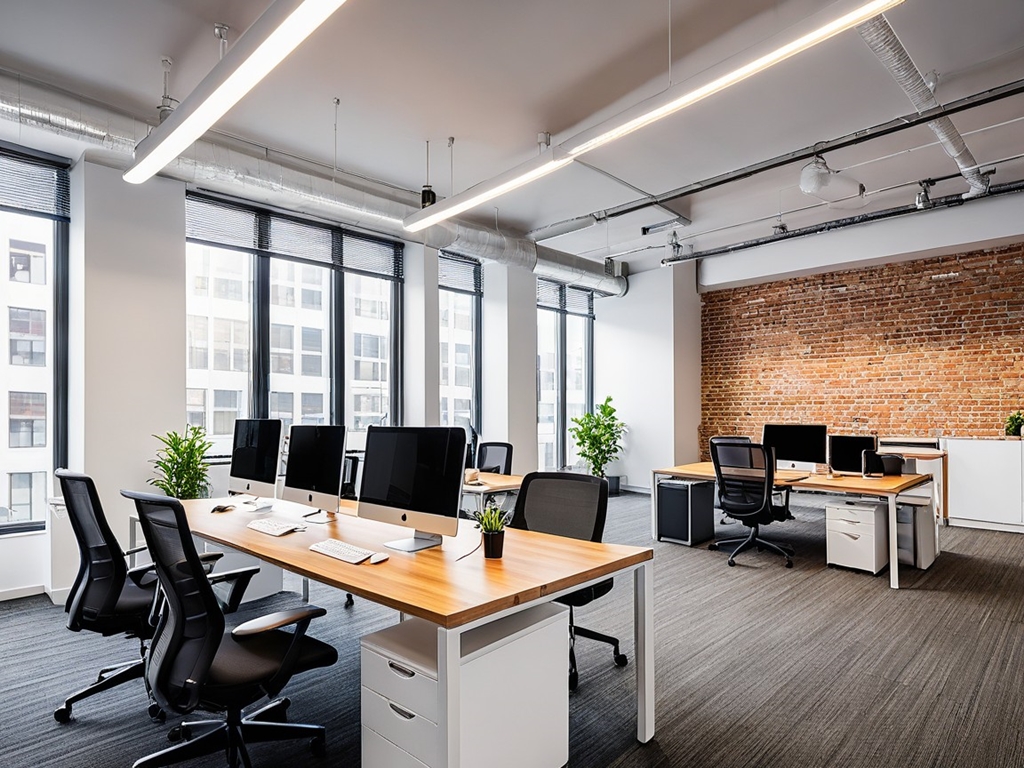In today’s fast-paced business environment, finding the right workspace is crucial for success. Whether you’re a startup, a growing SME, or an established corporation, the space you operate from can significantly impact productivity, employee satisfaction, and even your brand image. If you’re searching for business spaces for rent, this comprehensive guide will walk you through everything you need to know to make an informed decision.
Why Renting a Business Space is a Smart Move
Renting a business space offers flexibility, cost-effectiveness, and scalability—key factors for businesses in a dynamic market. Unlike purchasing property, renting allows you to allocate resources to other critical areas like marketing, product development, or hiring talent. Additionally, renting provides the freedom to relocate or expand as your business grows, making it an ideal choice for businesses of all sizes.
Key Factors to Consider When Searching for Business Spaces for Rent
- Location, Location, Location
The location of your business space can make or break your success. Consider factors like accessibility for employees and clients, proximity to suppliers, and the overall vibe of the area. For example, a trendy neighborhood might be perfect for a creative agency, while a corporate hub could suit a financial consultancy. - Budget and Hidden Costs
While searching for business spaces for rent, it’s essential to have a clear budget in mind. Don’t forget to account for additional costs like utilities, maintenance, and parking fees. Some landlords may also charge for amenities like conference rooms or high-speed internet. - Space Requirements
Assess your current and future needs. How many employees do you have? Do you need private offices, open workspaces, or a mix of both? Will you require storage areas or room for expansion? Make sure the space you choose aligns with your business goals. - Lease Terms and Flexibility
Always review the terms and conditions thoroughly before finalizing any lease contract. Look for flexible terms that allow you to scale up or down as needed. Short-term leases are ideal for startups, while long-term leases might offer cost savings for established businesses. - Amenities and Infrastructure
Modern businesses require more than just four walls. Look for spaces that offer amenities like high-speed internet, meeting rooms, kitchen facilities, and parking. If you’re in a tech-driven industry, ensure the building has the necessary infrastructure to support your operations. - Safety and Security
Your business space should be a safe environment for your team and assets. Check for security features like CCTV cameras, access control systems, and fire safety measures.
Types of Business Spaces for Rent
- Traditional Office Spaces
These are dedicated office spaces in commercial buildings. They’re ideal for businesses that need a professional environment for client meetings and team collaboration. - Co-Working Spaces
Co-working spaces are perfect for freelancers, startups, and small teams. They offer flexible membership plans, networking opportunities, and shared amenities like printers and coffee machines. - Retail Spaces
If you’re running a store or a showroom, renting a retail space in a high-traffic area can boost your visibility and sales. - Industrial and Warehouse Spaces
For businesses involved in manufacturing, logistics, or storage, industrial spaces provide the necessary infrastructure and space for heavy-duty operations. - Virtual Offices
A virtual office gives you a professional business address and access to meeting rooms without the need for a physical workspace. It’s a cost-effective solution for remote teams or businesses with minimal space requirements.
How to Find the Best Business Spaces for Rent
- Online Listings and Platforms
Websites like Craigslist, LoopNet, and OfficeSpace.com are great starting points. Use filters to narrow down your search based on location, price, and size. - Real Estate Agents
Hiring a commercial real estate agent can save you time and effort. They have access to exclusive listings and can negotiate better terms on your behalf. - Networking and Referrals
Ask fellow business owners or industry peers for recommendations. Word-of-mouth referrals often lead to hidden gems that aren’t listed online. - Local Business Associations
Join local chambers of commerce or business associations. They often have resources and connections to help you find the perfect space.
Tips for Negotiating Your Lease
- Do Your Research: Know the market rates for similar spaces in the area.
- Ask for Incentives: Landlords may offer rent discounts, free months, or waived fees to attract tenants.
- Review the Lease Carefully: Ensure there are no hidden clauses or unfavorable terms.
- Seek Legal Advice: If you’re unsure about the lease agreement, consult a lawyer specializing in commercial real estate.
The Future of Business Spaces for Rent
The Future of Business has reshaped the way we work, with hybrid and remote models becoming the norm. As a result, demand for flexible and adaptable business spaces is on the rise. Landlords are now offering more customized solutions, such as shorter leases, tech-enabled spaces, and wellness-focused designs.
Final Thoughts
Finding the perfect business spaces for rent requires careful planning and research. By considering factors like location, budget, and amenities, you can secure a workspace that supports your business goals and fosters growth. Whether you’re looking for a traditional office, a co-working space, or a retail storefront, the right space is out there—you just need to know where to look.
